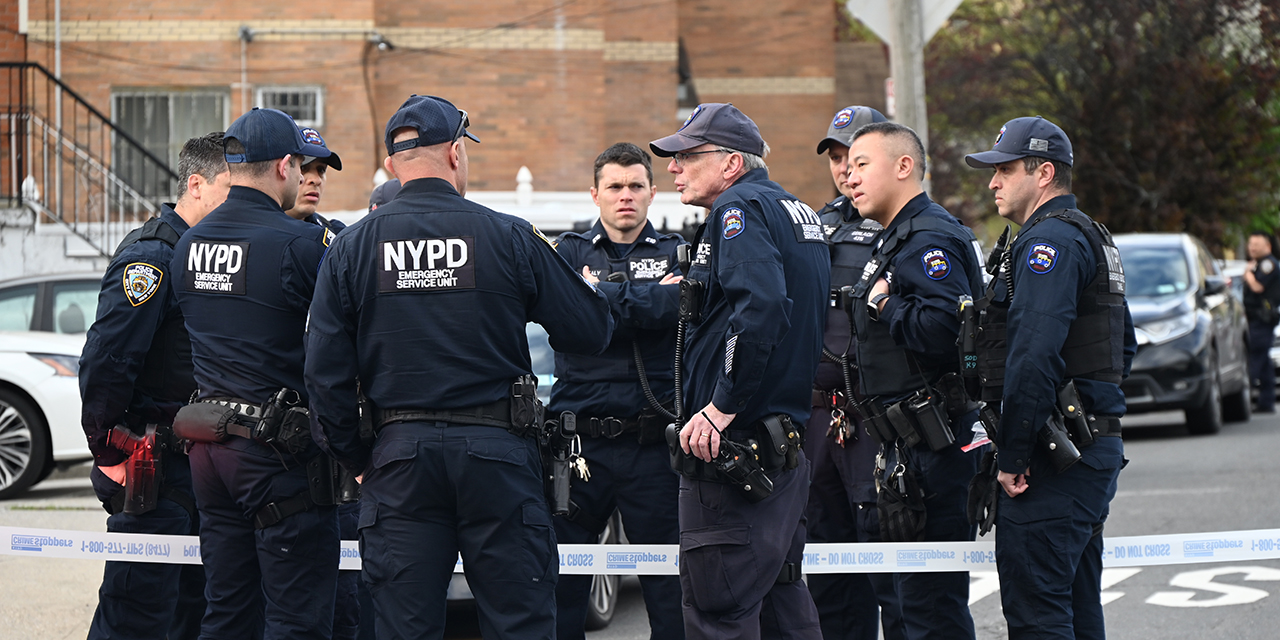Since June of this year, six members of the NYPD have committed suicide, bringing the 2019 total to eight. This represents a sharp rise within the department, which has averaged between four and five suicides annually. The increase has many wondering how to curb a disturbing trend. I don’t pretend to have the answers, but I hope that these deaths will prompt reflection on the often-grim reality of being a cop. We should ask ourselves whether the critical posture that so many have taken (in New York, in particular) toward police in recent years reflects an appreciation of that reality.
When asked what they imagine would be the hardest part of being a cop, many people say that they think first of the risk of encountering dangerous situations—chasing a suspect into a dark alley, being shot at, or kicking down a door, not knowing who (or what) is on the other side. But police officers experience a variety of intense, traumatic incidents that can weigh just as heavily on their emotions and psyches; for instance, imagine the horror of attending to the scene of a car accident in which young children were killed. In 2013, researchers published a study in the International Journal of Stress Management, examining the relationship between “critical incidents” and the mental health of police officers. It found that such episodes are associated both with alcohol use and PTSD symptoms. “Critical incidents” include a range of experiences that police officers—among other first responders—might encounter, including “badly beaten child,” “decaying corpse,” “making a death notification,” and personal harm or injury.
According to a study published by The Ruderman Family Foundation, “one survey of 193 police officers from small and midsize police departments” found that the “average number of events witnessed by officers was 188” throughout their careers. Another study found that approximately 80 percent of police-officer participants “reported seeing dead bodies and severely assaulted victims in the past year,” while 63 percent had seen abused children. More than 64 percent reported seeing victims of a serious traffic accident. Almost 40 percent had seen someone die in front of them in the previous year.
Do the public and media appreciate the reality of police work? Police don’t seem to think so: according to a 2016 Pew survey of American cops, only 13 percent believe “that the public understands the risks and challenges that law enforcement officers face on the job.” More than 75 percent of officers believe that the media treats police unfairly. Instances of police misconduct exist, of course, and they justifiably lead to public scrutiny and condemnation; but we should resist the tendency to allow those events to shape how we view police more broadly.
We’ve seen how people treat police with disdain. Sometimes it’s epithets hurled from a crowd; sometimes it’s buckets of water poured over the head of an officer walking away, dejected. Or it can come in the form of an antipolice diatribe launched by a talking head on national television.
Many in the criminal-justice reform movement call for cops and prosecutors to do more to take account of the trauma experienced by criminal suspects. Perhaps it’s time for New Yorkers—who reap the benefits of a once-unfathomable crime decline—to do the same for our cops.
Photo by Drew Angerer/Getty Images





